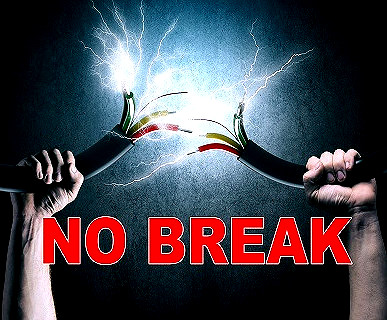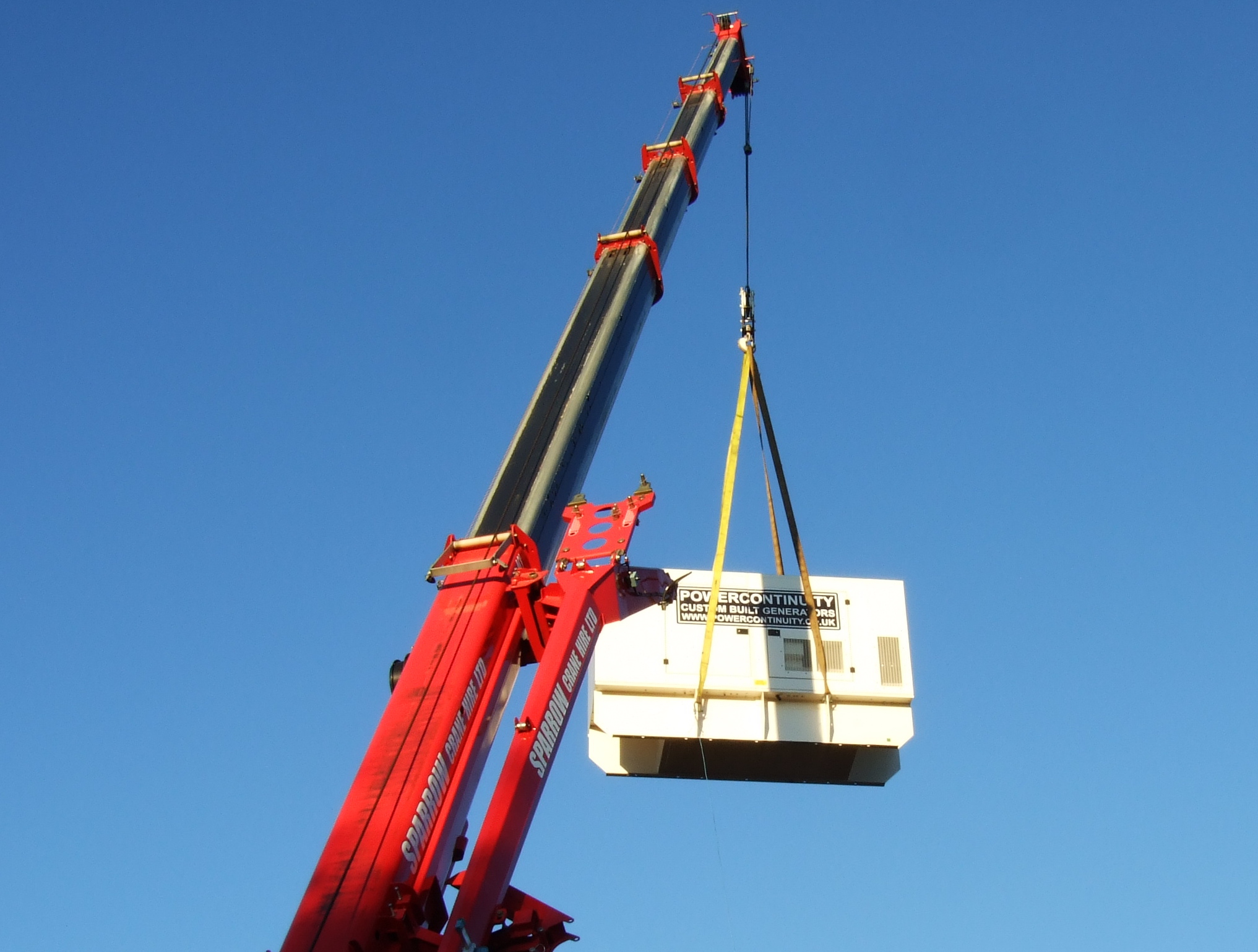Ensuring Continuity: The Vital Role of Emergency Power Systems and Diesel Generator Installation

In today's fast-paced world, where businesses operate around the clock and critical infrastructures demand uninterrupted power supply, Emergency Power Systems Installed play a pivotal role in ensuring continuity. Among the various components of emergency power systems, diesel generators stand out as reliable and efficient sources of backup power. Their installation, therefore, holds significant importance in safeguarding against power outages and minimizing disruptions. Let's delve deeper into the importance of emergency power systems and the crucial aspects of diesel generator installation.
Understanding Emergency Power Systems:
Emergency power systems are designed to provide backup electricity during unexpected outages, ensuring that essential operations continue without interruption. These systems are indispensable for various sectors, including healthcare facilities, data centers, telecommunications networks, and manufacturing plants, where downtime can lead to substantial financial losses, compromise safety, or even endanger lives.

The primary components of an emergency power system typically include generators, transfer switches, distribution panels, and monitoring equipment. Generators, particularly diesel generators, serve as the backbone of these systems, as they can quickly ramp up to full capacity and sustain prolonged operation, making them ideal for long-duration power outages.
The Crucial Role of Diesel Generators:
Diesel generators are renowned for their robustness, reliability, and fuel efficiency, making them a preferred choice for emergency power applications. Unlike gasoline generators, diesel generators are more fuel-efficient and can provide a constant power supply over extended periods, making them suitable for continuous operation during prolonged outages.
One of the key advantages of diesel generators is their ability to generate high power outputs, making them suitable for powering critical loads such as HVAC systems, lighting, medical equipment, and computing infrastructure. Moreover, diesel fuel is less volatile than gasoline, reducing the risk of fire hazards during storage and operation.
Essential Aspects of Diesel Generator Installation:
Proper installation of diesel generators is crucial to ensure optimal performance and reliability during emergencies. Several key aspects need to be considered during the installation process:
- Site Selection: Choosing the right location for the diesel generator is paramount. Factors such as accessibility for maintenance, proximity to fuel sources, ventilation requirements, and noise considerations should be taken into account. Additionally, the site should comply with local regulations and zoning ordinances.
- Fuel Supply: Adequate fuel storage and supply arrangements must be made to ensure uninterrupted operation of the diesel generator. Fuel tanks should be sized appropriately based on the generator's fuel consumption rate and the expected duration of outages.
- Electrical Integration: Seamless integration of the diesel generator with the existing electrical infrastructure is essential to ensure smooth transition during power outages. Transfer switches, distribution panels, and wiring should be installed and configured by qualified professionals to meet safety and reliability standards.
- Exhaust System: Proper exhaust ventilation is critical to dissipate heat and harmful gases emitted during diesel generator operation. Exhaust systems should be designed to comply with local emissions regulations and prevent the buildup of exhaust gases within enclosed spaces.
- Regular Maintenance: Scheduled maintenance and inspections are essential to keep diesel generators in optimal condition. This includes routine checks of fuel levels, oil levels, coolant levels, battery health, and electrical connections. Any signs of wear or malfunction should be promptly addressed to prevent downtime during emergencies.

Conclusion:
In a world where uninterrupted power supply is vital for sustaining critical operations, emergency power systems equipped with diesel generators play a pivotal role. The installation of diesel generators involves careful consideration of various factors, including site selection, fuel supply, electrical integration, exhaust ventilation, and maintenance protocols.
By ensuring proper installation and maintenance of diesel generators, businesses and organizations can mitigate the risks associated with power outages and safeguard against potential losses. Investing in reliable emergency power systems not only enhances operational resilience but also provides peace of mind knowing that essential services can continue unabated, even in the face of unforeseen disruptions.
TAGS :
RECOMMENDED FOR YOU
What are the advantages of the best infant car seats?
July 20, 2024









